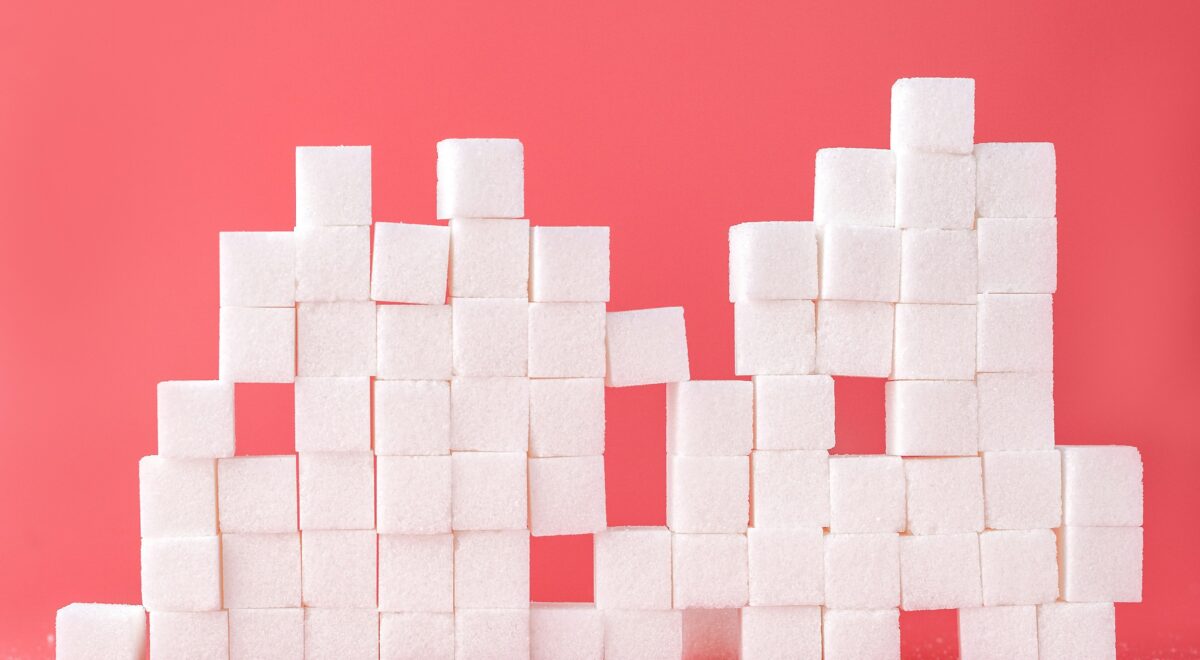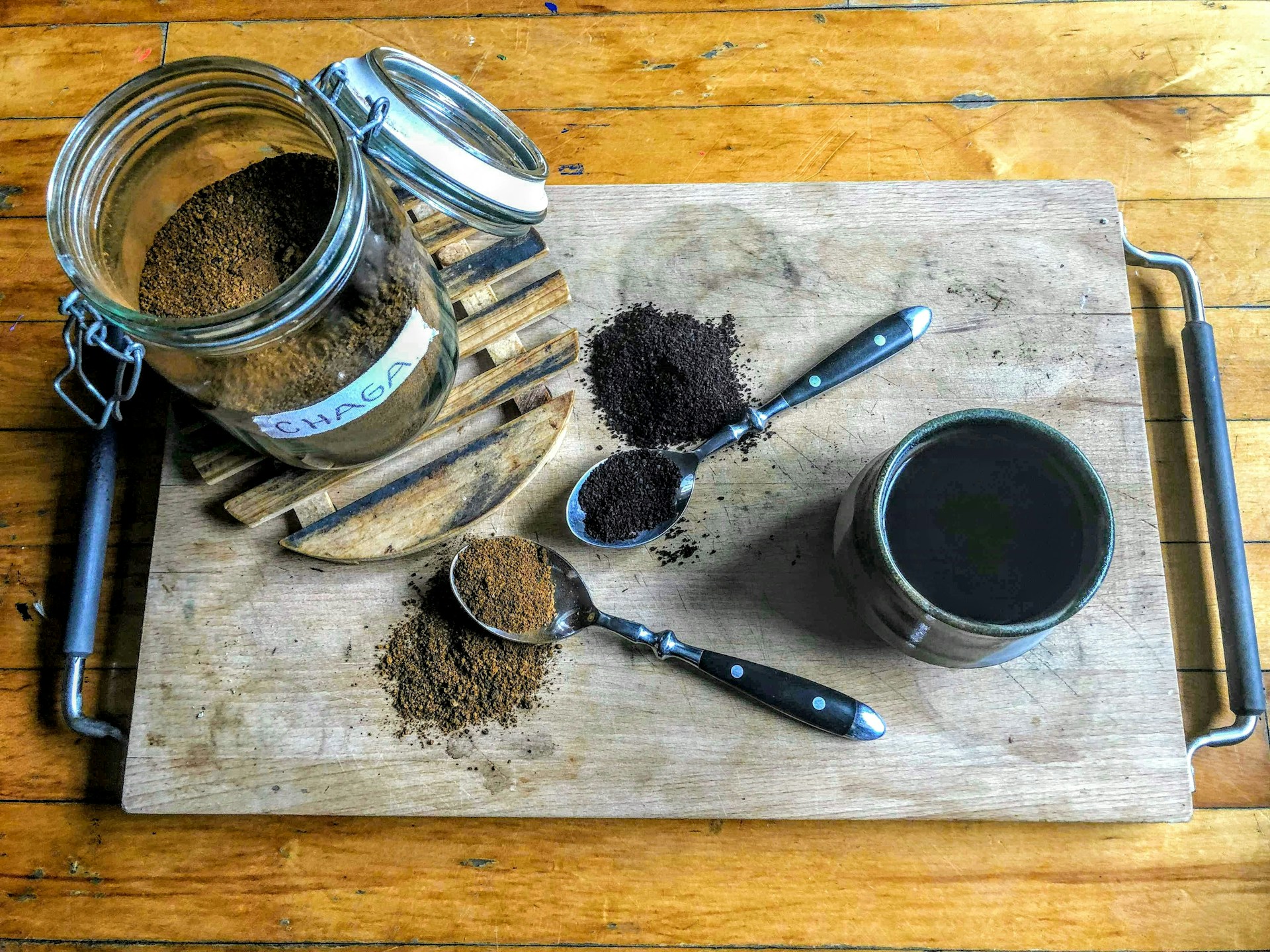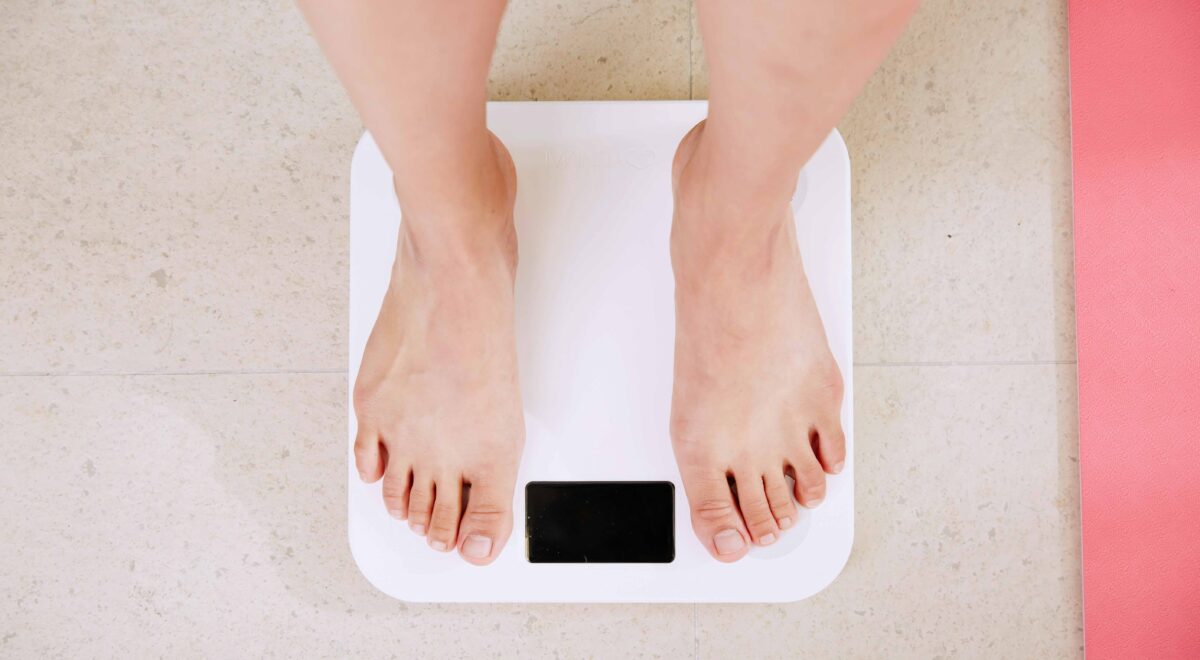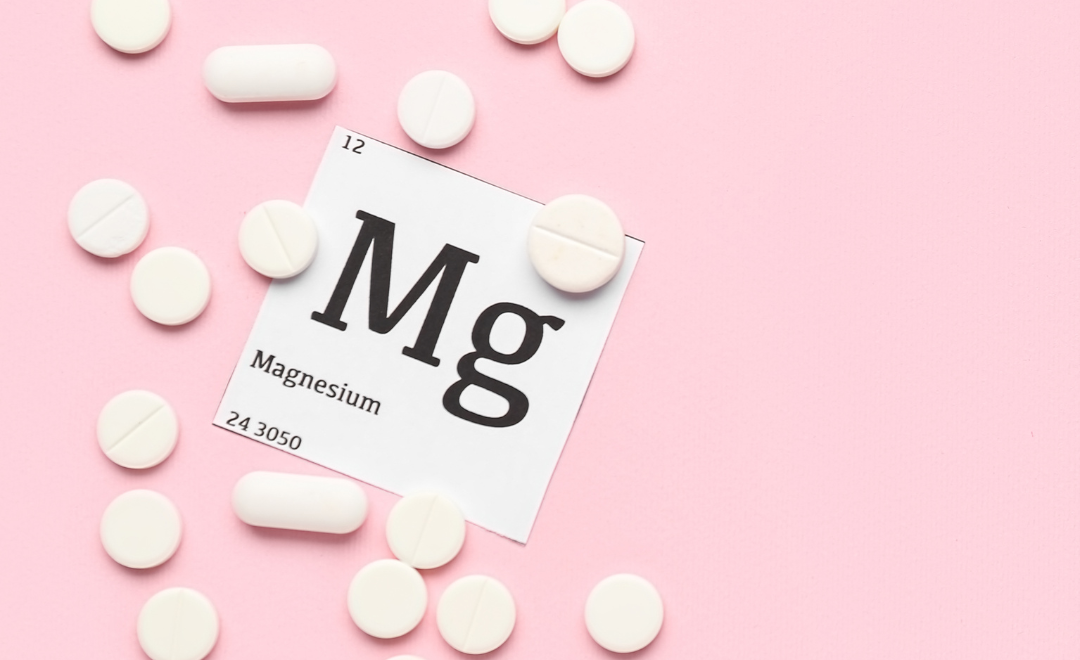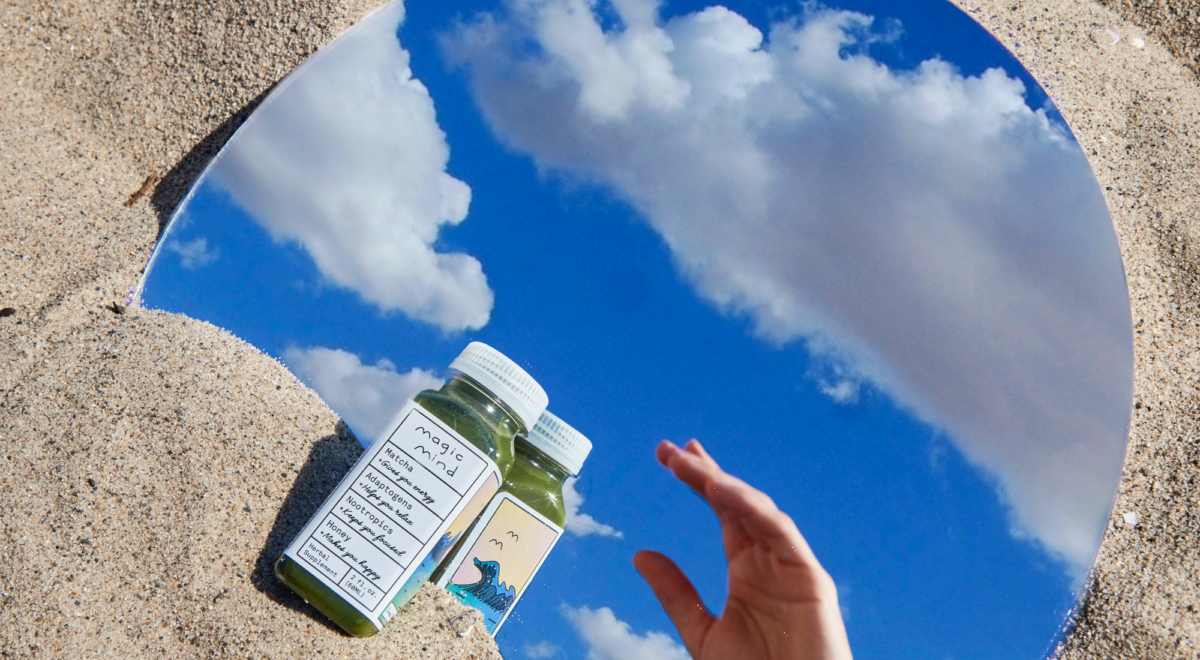Bone health, is not the first thing you think of when you think of wellbeing, unless you’re thinking of the health of the elderly. Everyone knows that as we grow older, our bones become more fragile and are susceptible to fractures, but what we tend to sometimes forget is that they are the silent workhorses of the body and taking care of them is something we should be mindful of throughout our lives.
Bones the foundation of our structure and an important part of the larger musculoskeletal system, constantly undergoing remodelling & adjusting to our body’s changing needs. Apart from providing structure to our body, they’re also a reservoir of essential minerals and help in a number of different functions.
To understand bone health better, we had a conversation with Dr Pramod Kumar, an orthopaedic surgeon with over 30 years of experience, who helped us decode the crucial role of nutrition for strong bones, no matter your age.
Our bones provide structural support, protect vital organs, and serve as a mineral reservoir for the body. They’re also integral for mobility, allowing us to perform daily activities with ease. As we age, maintaining good bone health becomes increasingly important.
They play a pivotal role in our bodies, providing;
- Support and Structure: They are the scaffolding on which muscles attach and facilitate movement.
- Protection: Bones shield organs like the brain, heart, and lungs from injury.
- Minerals: Bones store essential minerals such as calcium and phosphorus, which are vital for various bodily functions, including nerve signalling and blood clotting.
- Blood Cell Production: Bone marrow, the inner part of bones, is the birthplace of blood cells. Red blood cells, white blood cells, and platelets are all produced here.
Over the course of our lives, bones constantly change & mould themselves to play their part in the functions above. Yet, this silent workforce is not invulnerable and can be affected by multiple factors that determine it’s health, like:
- Ageing: As we age, bone density naturally declines. This can lead to conditions like osteopenia and osteoporosis, making bones brittle and susceptible to fractures.
- Nutrition: A diet deficient in essential nutrients like calcium & vitamin D in particular can weaken bones.
- Physical Activity: Weight-bearing exercises stimulate bone formation. A sedentary lifestyle can accelerate bone loss.
- Hormones: Hormonal changes, such as reduced estrogen during menopause in women, can affect bone health.
Certain medications, like long-term steroid use, may also harm bone health. Genetics also play a part; a family history of osteoporosis or bone fractures can increase the risk.
When it comes to bone health, factors such as age, hormonal changes and genetics are beyond our control. But there are lifestyle factors that we can actively manage, and one of the most important things we can do it get the right nutrition for strong bones. Making informed choices about what we eat, and providing our bodies with the necessary nutrition for strong bones if done at the right time can mitigate some of the bone health ailments that come with age. To nourish your bones the right way, pay extra attention to the following nutrients;
- Calcium: Calcium is the cornerstone of bone health. Dairy products like milk, yoghurt, and cheese are excellent sources, as are leafy greens, almonds, and fortified foods.
- Vitamin D: Vitamin D is essential for calcium absorption. Exposure to sunlight triggers vitamin D production in the skin. Fatty fish (e.g., salmon, mackerel), egg yolks, and fortified foods are dietary sources.
- Protein: Bones also contain a protein called collagen. Incorporating lean meats, poultry, fish, beans, and dairy ensures adequate protein intake for bone health.
- Vitamin K: Vitamin K is involved in bone mineralisation. Leafy greens like kale, spinach, and broccoli are rich sources.
- Magnesium: Magnesium plays a role in bone density and strength. Include whole grains, nuts, seeds, and leafy greens in your diet.
- Phosphorus: Like calcium, phosphorus is a mineral that contributes to bone structure. It’s found in dairy, meat, and nuts.
- Vitamin C: Vitamin C is crucial for collagen production, a protein that forms the matrix of bones. Citrus fruits, strawberries, and bell peppers are high in vitamin C.
Maintaining a nutrition plan that covers the ingredients above should have you covered for good bone health but if you’re worried about your bone health due to factors that may increase your risk of osteoporosis, such as a recent bone fracture or a family history, you might want to seek advice from a medical professional. A bone density assessment offers insights into your bone density and the pace of bone density reduction and your healthcare provider can use this data to evaluate whether you might need further interventions.


